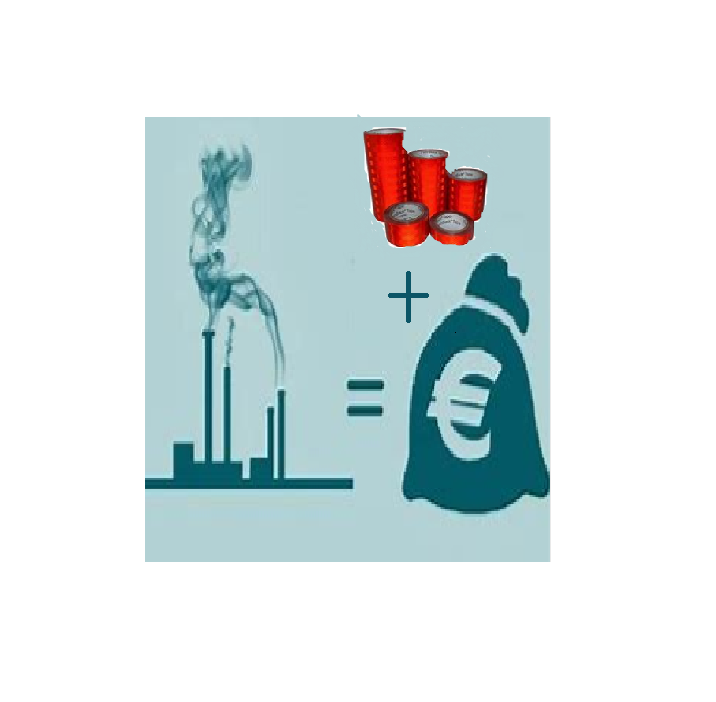Seiont, Gwyrfai and Llfyni Anglers Society and others v Natural Resources Wales, [2016] EWCA Civ 797
Citation:Seiont, Gwyrfai and Llfyni Anglers Society and others v Natural Resources Wales, [2016] EWCA Civ 797
Rule of thumb: What is the underpinning principle of environmental law? The underpinning principle is the ‘polluter pays principle’ – this means that all measures introduced must be proportionate & overly burdensome on parties who are doing very little damage to the environment; and unduly lenient on organisations doing a lot of damage.
Judgment:
‘I find it impossible to reconcile Mr Wolfe's submissions with the unmistakeable purpose of the Environmental Liability Directive, evident in its recitals and article 1, and with the whole scheme of its provisions for the prevention and remediation of "environmental damage", which embody the “polluter pays principle”. As Mr Richard Gordon Q.C. for the Welsh Ministers (the third interested party), Mr David Forsdick Q.C. for NRW and Mr Richard Kimblin Q.C. for Dwr Cymru all submitted, the obvious intent and effect of those provisions is to require an operator not to cause the condition of the environment to fall below the condition it would have been in at the time of, and but for, his action or failure to act – its "baseline condition". They do not require the operator to go further, by taking steps to remedy pre-existent damage to the environment – whether damage to natural resources or damage to natural resource services – or by ensuring or securing the improvement of such natural resources or natural resource services from their "baseline condition". They do not bite upon the acts or omissions of an operator the effect of which is merely to cause the environment not to improve or improve as fast as it otherwise would, or – as Mr Wolfe said in argument – to slow its "potential" improvement’. At 25 Lord Justice Lindblom

Warning: This is not professional legal advice. This is not professional legal education advice. Please obtain professional guidance before embarking on any legal course of action. This is just an interpretation of a Judgment by persons of legal insight & varying levels of legal specialism, experience & expertise. Please read the Judgment yourself and form your own interpretation of it with professional assistance.

